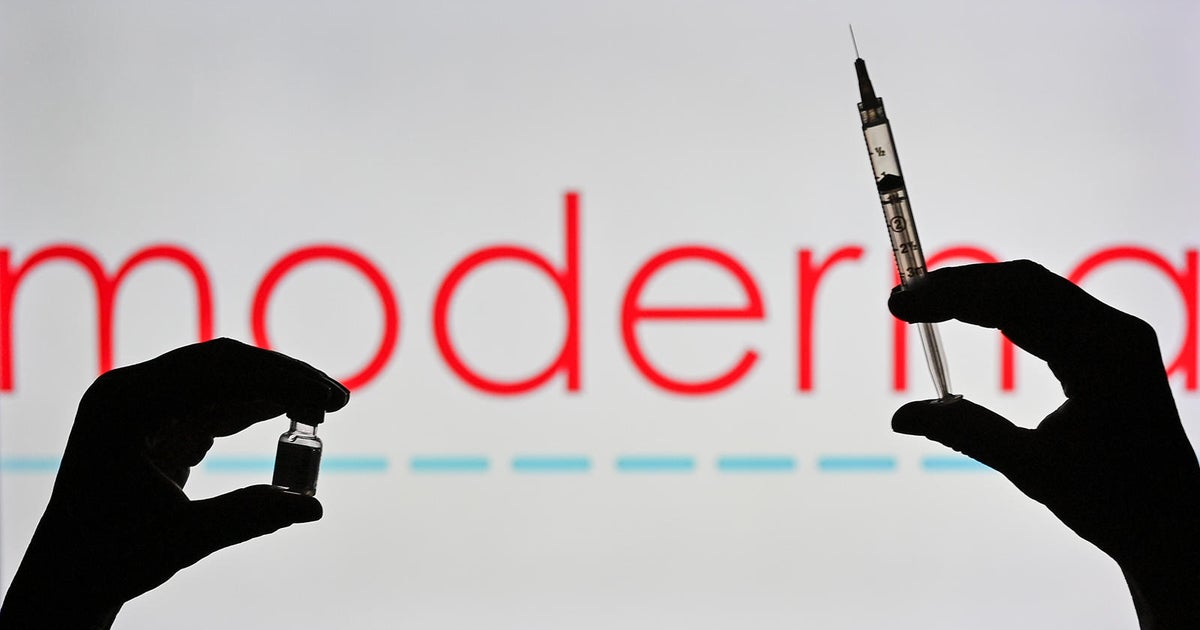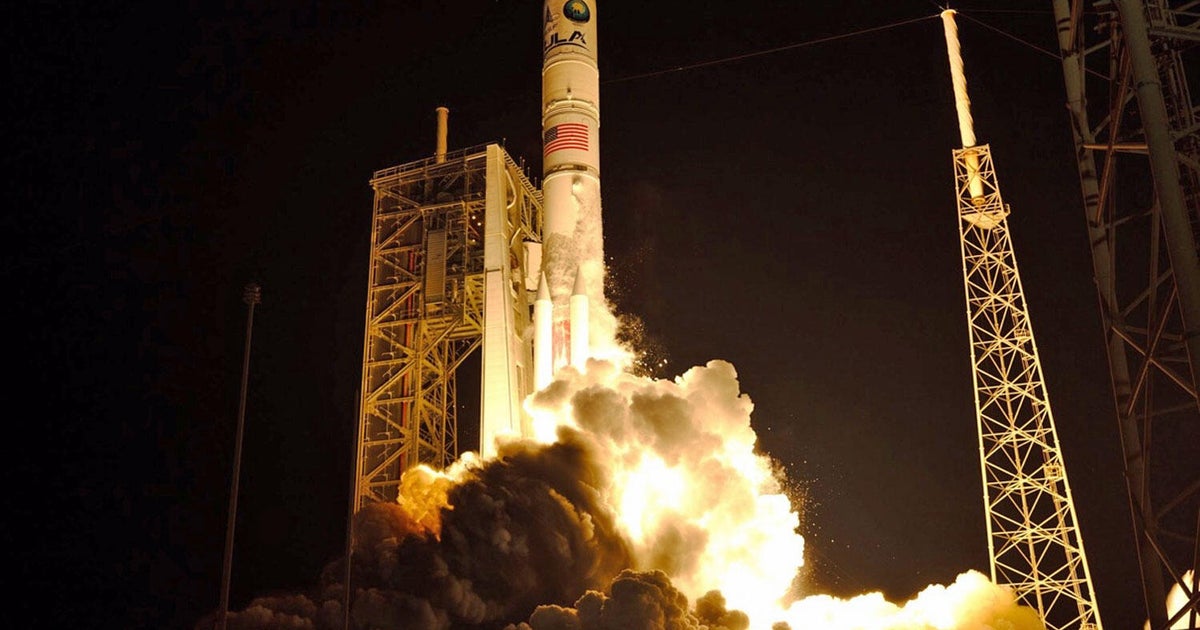Here are the workers now eligible for a COVID-19 booster shot
Workers whose jobs put them at high risk of exposure to COVID-19 are now eligible for COVID-19 booster shots, according to the latest guidance from the the Food and Drug Administration and the Centers for Disease Control and Prevention.
A third dose of the Pfizer-BioNTech COVID-19 vaccine is also now recommended six months after the second dose for adults aged 65 and older, people in institutions, homeless shelters, long-term care facilities, as well as for older Americans with underlying medical conditions, according to the CDC, which is charged with making recommendations regarding the boosters.
The decision to include higher-risk workers comes after some disagreement among government health officials. On Thursday, a panel of CDC advisers voted against boosters for frontline workers and others with higher risks of infection in their workplaces, but CDC Director Dr. Rochelle Walensky disagreed. Her decision effectively cleared booster shots for people in "high-risk occupational and institutional settings" as well as other groups.
"I believe we can best serve the nation's public health needs by providing booster doses for the elderly, those in long-term care facilities, people with underlying medical conditions, and for adults at high risk of disease from occupational and institutional exposures to COVID-19," she said in a statement Friday. "This aligns with the FDA's booster authorization and makes these groups eligible for a booster shot."
The same panel of advisers will also review data on the safety and efficacy of additional doses of the Moderna and Johnson & Johnson vaccines, which are not yet fully approved by the FDA, Walensky said. The Pfizer vaccine, called Comirnaty, was given full approval by the FDA in August.
The new guidance immediately qualifies up to 20 million Americans for booster shots, according to the White House's COVID-19 response team.
Workers eligible for COVID-19 booster shots
Here are the frontline workers and other types of employees who qualify for a booster shot, according to the CDC, which noted that the list could be updated in the future.
- First responders, including health care workers, firefighters, police, congregate care staff
- Teachers and support staff, including school administrators
- Day-care workers
- Food and agriculture workers
- Manufacturing workers
- Corrections workers
- U.S. Postal Service workers
- Public transit workers
- Grocery store workers
This means that grocery store workers, teachers, nurses and other workers who fall into these categories can now make an appointment at a pharmacy or another vaccine provider and get a third dose. Booster shots are free of charge, with no ID or insurance card required, said Jeff Zients, White House COVID-19 response coordinator in a Friday briefing.
Additionally, homeless individuals living in shelters and people in institutions, including prisoners, can get the COVID-19 booster shot, acting commissioner of the FDA Dr. Janet Woodcock said in a statement.
There is an additional qualification for workers before they can get a Pfizer booster shot: They must have already received two doses of the Pfizer vaccine, and not the Moderna or Johnson & Johnson varieties.
Walgreens, CVS
National pharmacies such as CVS Health and Walgreens say they are ready to start administering booster shots based on the CDC's latest guidance. There are roughly 80,000 locations across the U.S., including more than 40,000 pharmacies, where people can get boosters, Zients said.
Walgreens said in a statement Friday that any individual who is eligible based on the CDC's booster guidance may now receive an additional shot in stores nationwide. The drugstore chain also confirmed that it has enough vaccine supply on hand to continue administering first and second doses in addition to boosters. Patients will be asked to vouch that they are eligible for a booster shot when they schedule appointments online and again before they roll up their sleeves in the pharmacy's stores, Walgreens said.
CVS also said it will be ready to provide boosters at its pharmacies and select MinuteClinic locations starting Friday.
"We have the experience and the infrastructure to play a leading role in administering booster shots to eligible populations," Troyen A. Brennan, chief medical officer of CVS Health, said in a statement Friday.
Patients are encouraged to schedule appointments to ensure access to the correct vaccine, a CVS spokesperson told CBS MoneyWatch.
Discretion for vaccine providers
If the new rules outlining worker eligibility for boosters are broad, that's by design, said Dr. William Moss, head of the International Vaccine Access Center at the Johns Hopkins Bloomberg School of Public Health.
"It was left deliberately vague and ambiguous about who fits into the category of people who should get a booster dose because of their occupational setting," Dr. Moss told CBS MoneyWatch. He doesn't expect the FDA to offer more specifics on what kind of worker may now get a third shot. "I do not think this authorization will have that level of specificity."
As a result, vaccine providers will have to use their own discretion in administering boosters.
"It will be up to them to interpret this, for better or worse, but it is quite permissive," he said.
Boosters for 65+, underlying health issues
Other groups of Americans can also receive boosters, although these categories are clearer-cut than workers who are at higher risk of COVID-19. For instance, anyone older than 65 can now get a booster shot.
"This category is very clear, and it's easy to identify those people once you open up eligibility," Moss said.
Since August, people who are severely to moderately immunocompromised have been able to get the third shots. That group includes transplant recipients and others with severely weakened immune systems.
President Joe Biden on Friday reiterated the importance of Americans protecting themselves against the virus by getting vaccinated, saying "we still have over 70 million Americans who have failed to get a single shot."
There's enough supply of booster shots to provide them to every American, Zients said on Friday. The CDC's Walensky highlighted the benefits of boosters but cautioned that they will not end the pandemic.
"I want to be clear. We will not boost our way out of this pandemic," she said. "The most vulnerable are those who are unvaccinated."



